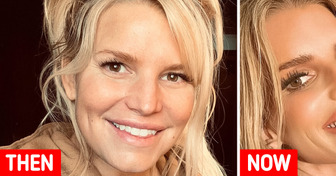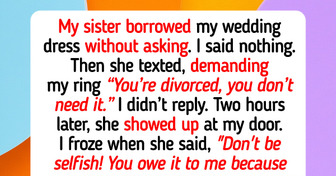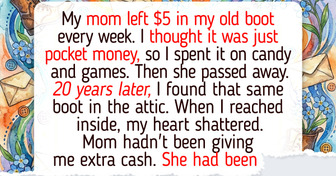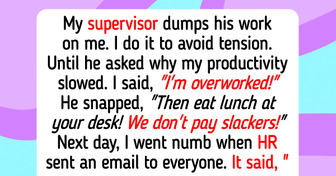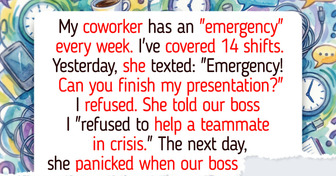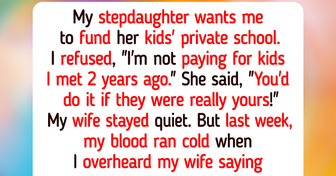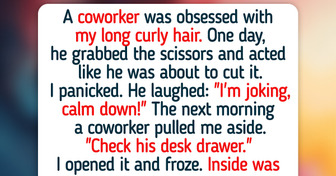My Friends Always Order Expensive Food and Expect Everyone to Split the Bill, Here’s What I Did

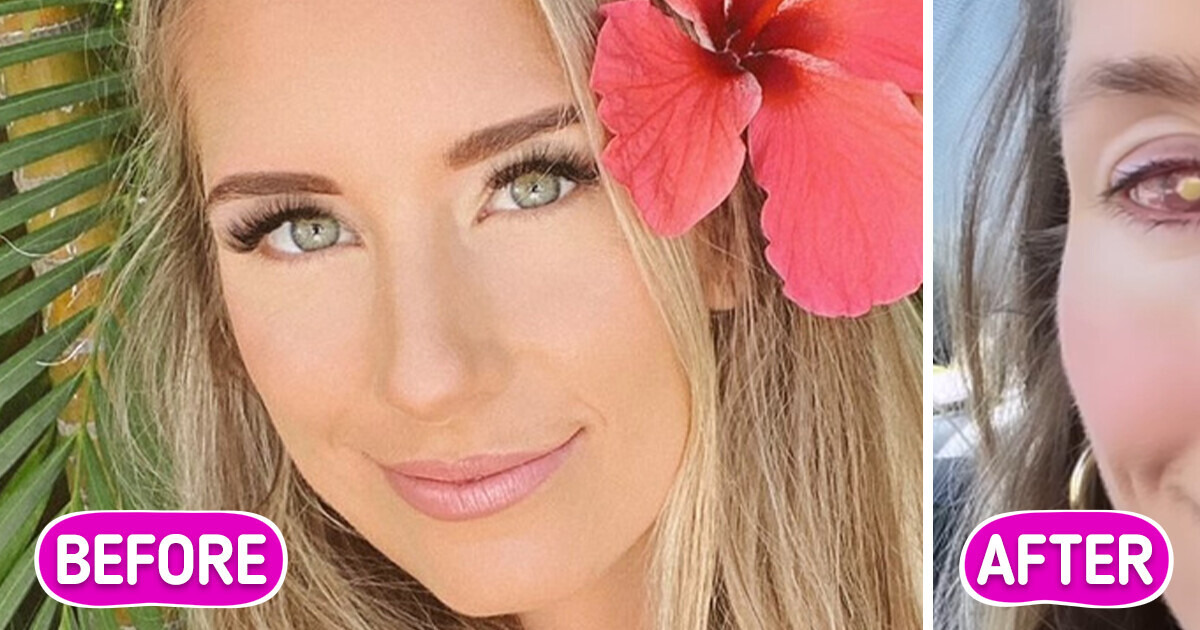
In the heart of Austin, Texas, a young mother's life took an unexpected and terrifying turn, all because of a common daily habit shared by millions: showering while wearing contact lenses. Her story serves as a stark warning about a little-known danger that lurks in the most mundane of activities.
What began as a slightly scratchy eye after a gym session quickly spiraled into a nightmare of "82 doctor visits, traveling over 12,000 miles for specialized medical care, thousands of dollars in compounded eye drops, and one surgery."
The culprit? A rare and devastating infection known as Acanthamoeba Keratitis (AK), which she contracted at 34 weeks pregnant. "After two weeks of doctors visits, I finally was referred to the most incredible eye doctor in Austin, and he diagnosed me with the worst infection you can get in your eye," she explains.
These amoebae, present in virtually all water sources, can then burrow into the cornea, potentially leading to blindness or even loss of the eye. She says, "I had been wearing contacts since I was 12 and was never told not swim, shower, or hot tub in them."
The treatment for AK is nothing short of grueling. "For 3 months, the most sleep I got at a time was 30 minutes," she reveals. "I had 5 different around the clock drops, that had to be 5 minutes apart." The pain, she says, "makes giving birth look like a walk in the freaking park. The pain was absolutely unreal. I try not to remember it."
Instead of enjoying those precious first months with her newborn, she found herself fighting for her vision, relying heavily on her family. "My parents moved in with us to help with the drops and our precious Lochlan since he was just born," she shares, highlighting the all-encompassing nature of her battle.
The journey to recovery was long and fraught with uncertainty. "In September, I got much worse, and we begin seeing Dr Tu in Chicago as he is one of the few doctors in the US who really knows how to treat this," she says. The rarity of her condition meant that "no doctors will touch it. I always say doctors who treat AK are saints."
"I am so incredibly thankful to be through this horrific infection, and thankful for my wonderful surgeon, my family, the organ donor and their family, and God who got me through the hardest time of my life," she reflects.
Her experience raises critical questions about patient education and the responsibilities of eye care professionals. Despite following standard hygiene practices - washing hands before handling lenses, never sleeping in them, regularly replacing her contact case - she was never warned about the risks of water exposure. "I thought I was doing everything right," she laments. "I wasn't."
"Please spread awareness by sending this to all your friends who wear contacts," she urges. Her story serves as a powerful reminder that even the most routine aspects of our daily lives can harbor unforeseen dangers.
For the millions of contact lens wearers worldwide, this mother's ordeal is a wake-up call. It underscores the need for more comprehensive education about lens care and the potential risks associated with water exposure. Eye care professionals and public health officials must prioritize communicating these crucial safety measures to prevent others from enduring similar hardships.
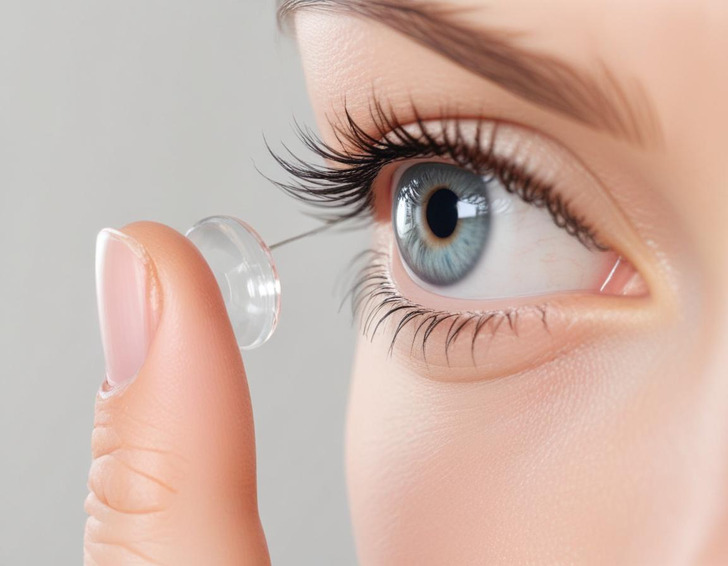
For those who rely on these medical devices, vigilance in care and hygiene is paramount. But equally important is the role of healthcare providers in ensuring that users are fully informed of all potential risks, no matter how rare.
This young mother's story is more than a personal tragedy; it's a clarion call for change in how we approach contact lens safety. As we move forward, let her experience serve as a reminder that when it comes to our health, even the smallest details can have life-altering consequences. It's time for a collective reevaluation of contact lens practices, ensuring that clear vision doesn't come at the cost of eye health.
But if you thought her story was alarming, wait until you hear why keeping your lenses in during a flight could be even more dangerous.




